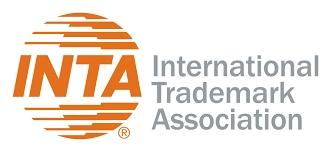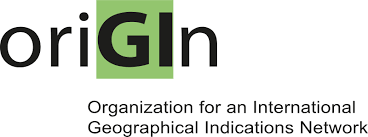Areas of Practice

Trademarks
The protection and enforcement of trademarks in India is governed by the Trade Marks Act, 1999. It came into force on September 15, 2003. The subject matter of registration under the Act is very comprehensive and it includes not only service marks, but also non-conventional trademarks such as sound marks, 3D marks etc. The remedies for enforcement of trade marks in India are both civil and criminal. The Trade Marks Act protects well-known trade marks and enables registration of such marks with the Trade Marks Office through a rigorous and elaborate examination process. The Indian Courts have played a pioneering role in protecting trade mark rights over the past decades and there is no bias in favour of domestic companies. In fact, the concept of trans-border reputation in Indian jurisprudence evolved even before the TRIPs agreeme came to be implemented effective 1995.

Geographical Indications
Geographical Indications (Gls) constitute a form of intellectual property vested in a group of producers to protect the geographical/traditional name of a given product whose reputation, quality or characteristic is attributable to its regional origin. The protection of Gls in India governed by The Geographical Indications of Goods (Registration and Protection) Act, 1999. Like the Trade Marks Act, the GI Act also came into force on September 15,2003. The Gl Act is fully TRIPs-compliant and it protects agricultural, natural or manufactured goods or any goods of handicraft or of industry and includes food stuff.

Industrial Designs
The aesthetic eye appealing features of an industrial article whether in 2D or 3D or both forms are governed by the Designs Act, 2000. An eligible design must be novel and original. Prior publication in any part of the world is a bar to novelty under the Act. The term of statutory protection is 15 years from the date of application subject to renewal requests.

Data Protection

Copyrights
The protection of copyright in India is governed by the Copyright Act, first enacted in 1957 and amended from time to time. The categories of protected subject matter under the Copyright Act comprise original creations such as literary, dramatic, musical and artistic works and derivative creations such as sound recordings and cinematograph works. As a member of the TRIPs. agreement, the Berne Convention and the Universal Copyright Convention, India has extended the protection of the Copyright Act to any work first made or published in any of the member countries of these Conventions as if it was first published in India. Registration of copyrights under the Act is not compulsory for purposes of enforcement, though registration does afford a prima facie proof of ownership and obviates the need for such proof in a court action. The remedies for enforcement are both civil and criminal.

Patents
The protection of patents in India is governed by the Patent Act, 1970. It protects a new product or process involving an inventive step and capable of industrial application. The statutory term of protection is 20 years from the date of application or priority in the applicable convention countries. It provides for civil remedies for enforcement including injunction.

The Information Technology Act, 2000
The IT Act is the first legislation in India to provide a sui-generis legislation to recognise and protect e-commerce transactions carried out over the internet and to deal with certain cyber crimes involving a computer or network located in India. The Act defines internet intermediaries (the facilitators of the virtual world) to include not only backbone internet service providers such as telecom service providers but also third party content hosting service providers. The recent framing of the Information Technology (Intermediary Guidelines and Digital Media Ethics Code, 2021 has brought in an increasing compliance burden and more stringent diligence obligation on the part of internet intermediaries. The Indian Courts have over the years interpreted the legal framework in a flexible manner to allow a nuanced response to the growing challenges of the internet

Plant Variety Protection
In case of any message, queries, please write in;
Subscribe to Our Newsletter
Memberships



